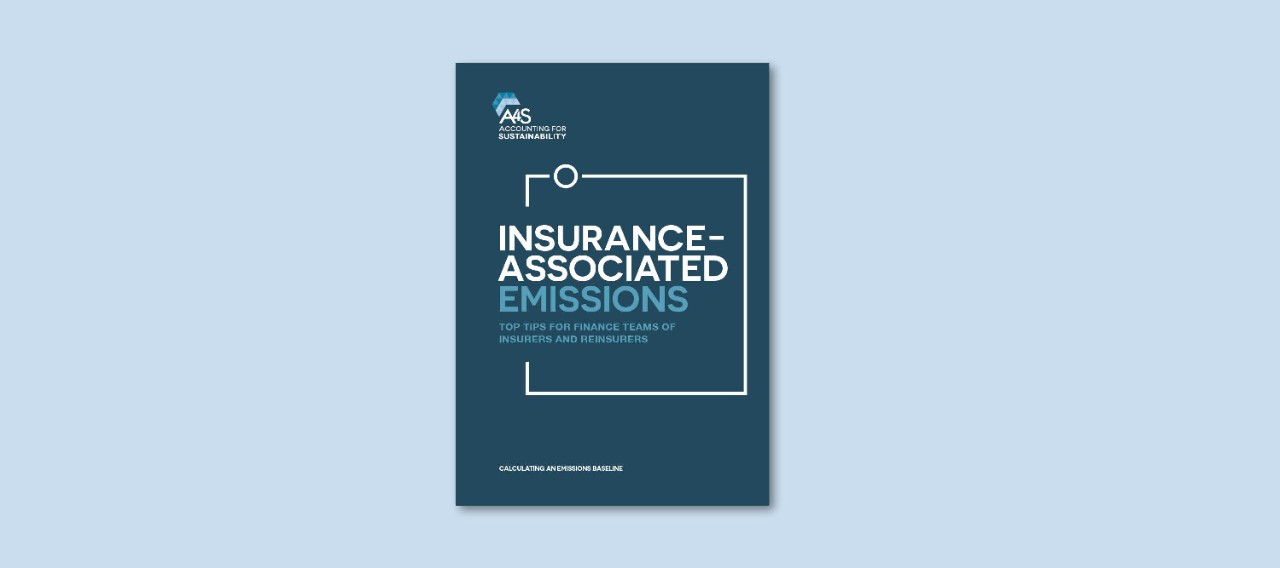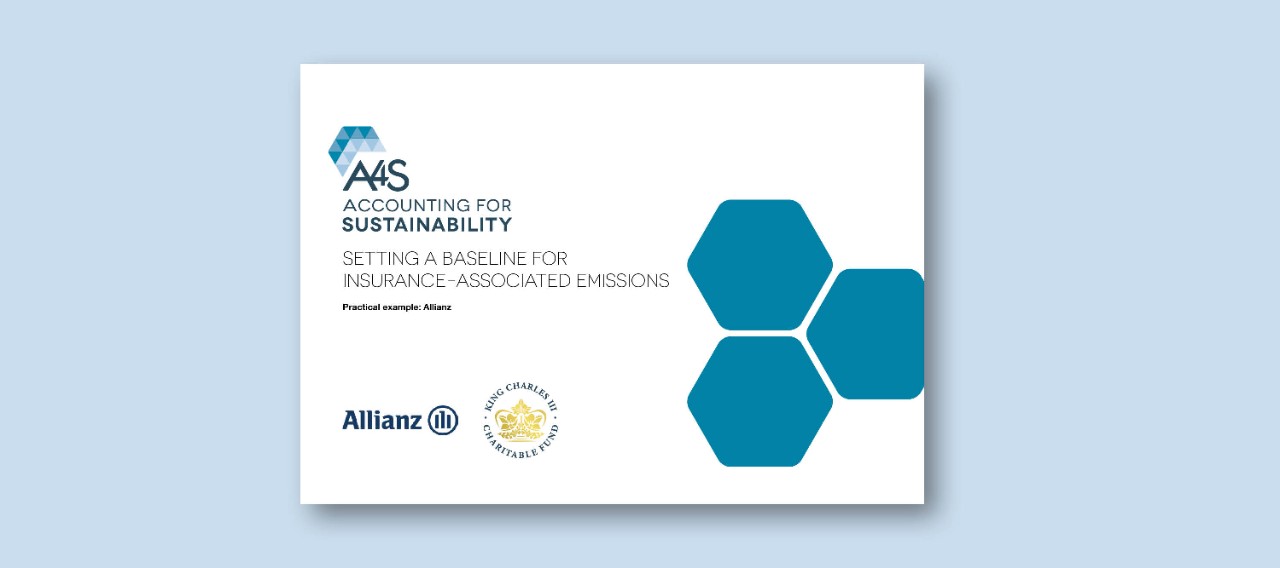Insurance-associated Emissions: Top Tips for finance teams
How is the insurance industry affected by climate change?
The climate crisis poses a serious risk to the insurance industry, potentially rendering the world uninsurable. Despite this risk, the insurance industry (both insurers and reinsurers) has a vital role to play in avoiding the worst outcomes.
How does insurance contribute to climate change?
For insurers and reinsurers (re/insurers), the scope 3 emissions associated with their insurance policies – insurance-associated emissions – is where their environmental impact is typically most significant.
In comparison to some financial institutions, re/insurers have been relatively slow in calculating their scope 3 emissions, as guidance on doing so has only recently become available.
What can re/insurers do about climate change?
Establishing a baseline for insurance-associated emissions is crucial. It empowers re/insurers to make informed decisions that support the goal of achieving a net zero economy.
Calculating an emissions baseline is an important step for re/insurers working towards net zero. From there, re/insurers can set targets and track progress against them.
Taking action now on insurance-associated emissions enables re/insurers to stay ahead of regulatory mandates. Early adopters will also have the advantage of refining their approaches over time, paving the way for a more sustainable (and insurable) future.
A4S has developed top tips, tailored to finance teams. The guidance aims to help re/insurers get started on calculating an emissions baseline, and can be used as a resource as re/insurers develop their approach over time.
Re/insurers face several challenges when establishing a baseline, mostly relating to the quality and availability of data. These data challenges are similar to those for financed emissions and more information can be found in our Financed Emissions Top Tips guide.
“If we don’t make significant headway in the next few years, there may not be an insurance industry left by 2050”.
Shaun Tarbuck, Chief Executive, ICMIF (Source: ICMIF, ICMIF Members Sustainable Investment Report 2023)
“Climate change risks creating an uninsurable world. Insurers and reinsurers are acutely impacted by climate change, but they also have a pivotal role to play in decarbonizing the economy. Calculating and reporting emissions – across all scopes – are vital steps we must take towards reducing and ultimately eliminating emissions, and this is no different in the insurance industry. There are challenges, but finance teams are well positioned and appropriately skilled to lead the way, such as through helping re/insurers to get started in calculating an emissions baseline”.
Helen Slinger, Executive Director, A4S
This guidance was made possible thanks to contributions from the Association of British Insurers (ABI), Allianz, Partnership for Carbon Accounting Financials (PCAF) and Willis Towers Watson (WTW).




